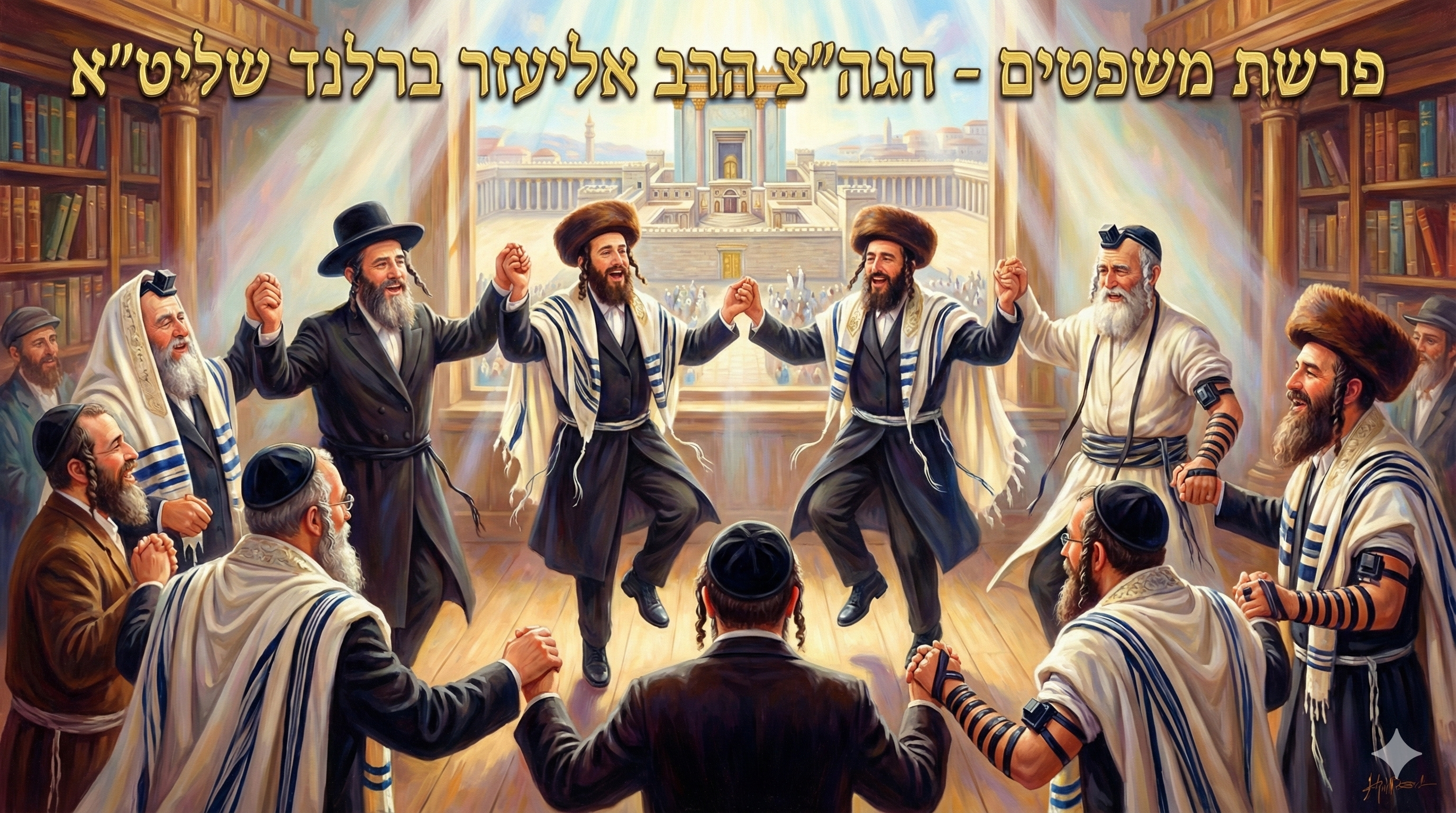טַל אוֹמֵר - Dew Says:
Hoshe'a 14:6
אֶהְיֶה כַטַּל לְיִשְׂרָאֵל, יִפְרַח כַּשּׁוֹשַׁנָּה; וְיַךְ שָׁרָשָׁיו, כַּלְּבָנוֹן
ehyeh chatal leYisra'el yifrach kashoshana veyach sharashav kaLvanon
I will be to Yisra'el like the dew; he will flower (blossom) like the lily,
and strike his roots like the (as) Levanon.
Because the Jewish people, collectively and individually, will have repented, their source will not become dry and their spring will not be dried up. On the contrary, "I will be to Yisrael as dew."
Even as the dew does not cease coming down every morning, so My benevolence towards the Jewish people will not cease. As a result, "he will blossom like the lily." The lily blossoms, not during a fierce rain, but when moistened by the dew at night. Yisrael is likened to a lilly, and it will merit the "dew" of G-d's blessing.
Yisra'el is likened to the lily, as it says, "a lily among thorns" (Shir HaShirim 2:2). The comparison is not fully adequate. The lily has no roots, but Yisra'el's roots are "like the Levanon." The cedars of Levanon have extensive roots below ground. Rain tends to destroy the lily, but the dew causes it to blossom. Nor does it harm its fragrance. The lily opens upward, and even so the little moisture provided by dew is helpful. Regarding the Jewish people, similarly, the Sages teach that whoever gazes upward will in the end come to the path of life. As it says, "They looked to Him, and are radiant" (Tehillim 34:6).
The Jewish people have no roots in exile. Eventually, however, they who are now rootless will strike roots, and "his roots" will be "as Levanon." Future generations of the Jewish people - "his branches" - will be living in the Land of Yisra'el, and these branches "will spread out far." Then "his beauty will be as the olive tree, and his gragrance as Levanon" (v14:7).
This will take place in the End of Days. Even as the olive tree gives rise to olive oil, which then provides light, their fruit will also give light. At that time, the Holy Spirit and the spirit of purity will rest upon Yisra'el in the Land of Yisra'el - place of purity and holiness.




















